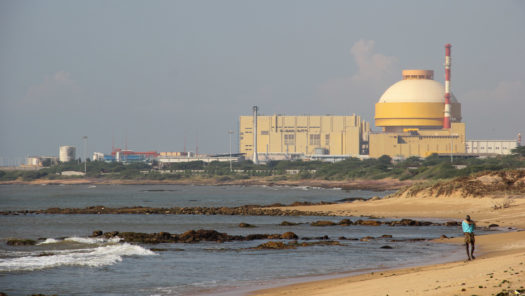
India-U.S. Nuclear Trade and Cooperation: Potential for the Biden Administration
The failure to commercialize the 2005 India-U.S. Civil Nuclear Deal remains a blot on the otherwise flourishing and widening India-U.S. relationship. The deal, which was officially signed by President George W. Bush in 2008, enhanced bilateral cooperation in areas from…
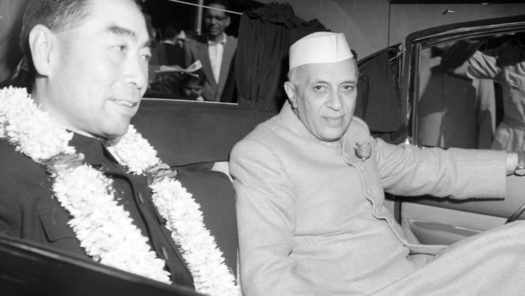
The China-India-Pakistan Triangle: Origins, Contemporary Perceptions, and Future
Even as India and China find themselves embroiled in yet another border standoff at the Line of Actual Control (LAC), commentators have sounded alarm on how Pakistan could seek to utilize the situation. Concurrently, some have observed that China’s transgression…
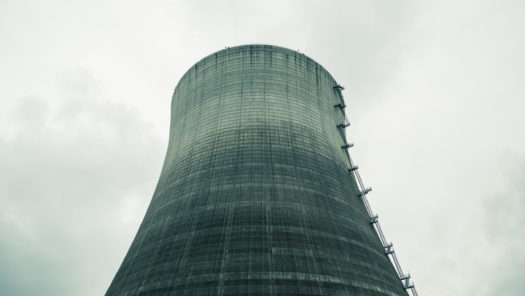
پاک-چین تعاون برائے جوہری توانائی: تاریخ اور کلیدی بحث
پاکستان پر منڈلاتا معاشی بحران توانائی کی کمی کی وجہ سے مزید شدت اختیار کررہا ہے۔ پاکستان کے قومی گرڈ کی ناکافی صلاحیت اور دستیاب توانائی کے غیرذمہ دارانہ استعمال کے سبب پاکستان نے ۲۰۱۲ سے ۲۰۱۷ کے درمیان معاشی…

China-Pakistan Nuclear Energy Cooperation: History and Key Debates
Pakistan’s looming economic crisis has only been worsened by an energy shortfall. Due to a lack of capacity in Pakistan’s electrical grid and the inefficient use of the available energy, Pakistan lost an average of USD $9.38 million per year…
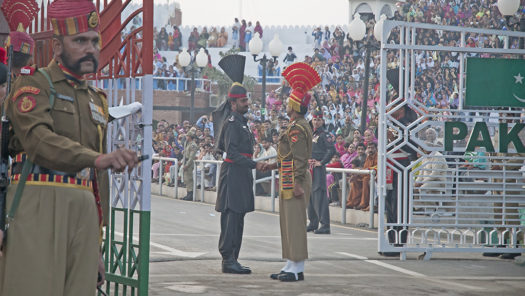
جوہری ہتھیاروں کے انسانوں پراثرات اور بھارت- پاکستان مشترکہ اقدام
تعارف جوہری ہتھیاروں کے انسانوں پراثرات ( ایچ آئی این ڈبلیو) کے بارے میں عالمی سطح کی کوششیں اقوام متحدہ جنرل اسمبلی کی فرسٹ کمیٹی ( یو این جی اے) کی جانب سے ۲۷ اکتوبر ۲۰۱۶ کو قرارداد ایل ۴۱…
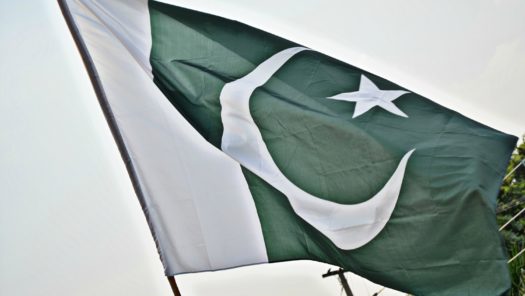
Ten Years of the Indo-U.S. Civilian Nuclear Agreement: Implications for Pakistan
The Indo-U.S. civilian nuclear agreement of 2008 marked a turning point in the history of relationship between India and the United States, the two largest democracies of the world. When announced, the agreement was hailed as a means to align…